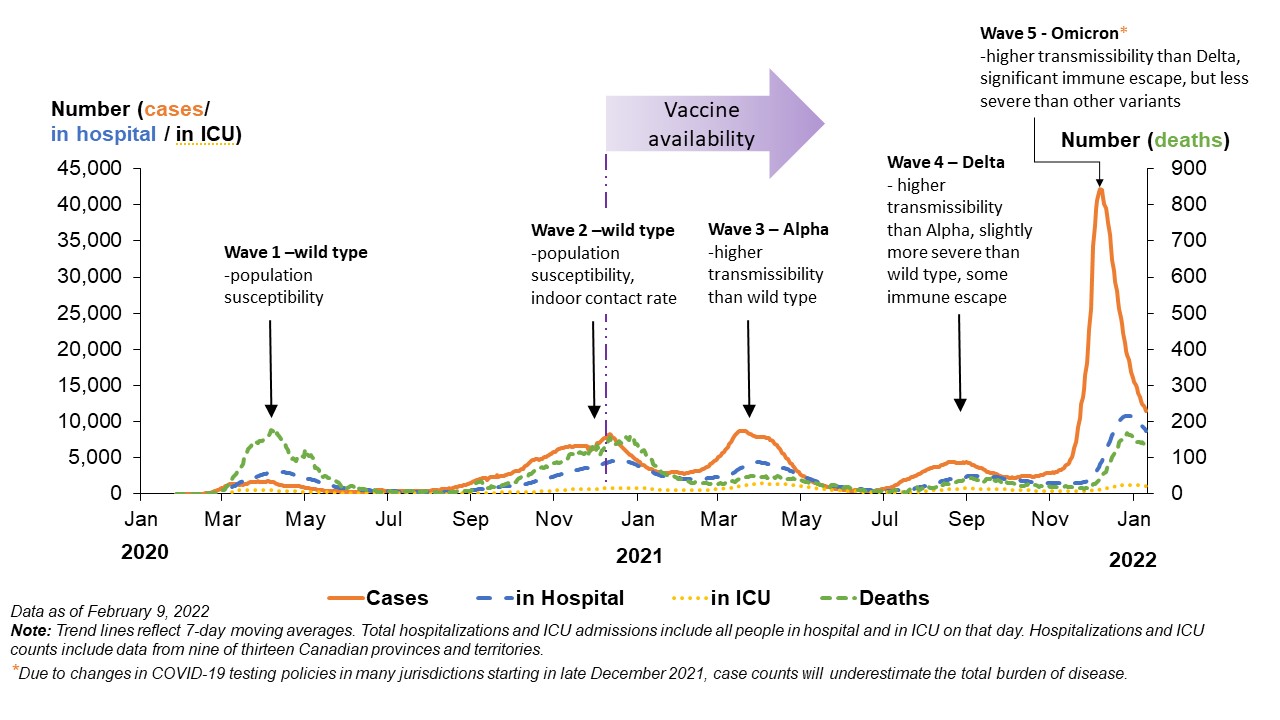
Title: Trust in Public Health Eroded Along Political Lines as New Administration Completes 100 Days
As the new administration reaches the milestone of its first 100 days in power, a revealing national survey indicates that almost half of Americans have diminished confidence in public health advisories—a development that highlights the escalating political divide regarding health authorities.
Released today by the Harvard T.H. Chan School of Public Health in partnership with the de Beaumont Foundation, the extensive poll of 3,343 adults reveals that 44% of Americans are likely to trust guidance issued by federal health agencies less than before. Among them, nearly a third (30%) expect a notable drop in their level of trust. Only 28% anticipate an increase in trust owing to the recent transition in administration.
These results point to emerging splits in public confidence towards health organizations, particularly the Centers for Disease Control and Prevention (CDC), which closely align with political party affiliation. While 76% of Democrats expect to lose some degree of trust under the new leadership, 57% of Republicans predict their trust will grow. This significant divergence in expectations points to a clear political shift in confidence toward institutions once viewed as nonpartisan.
“New divisions are becoming evident regarding trust in public health institutions,” stated Gillian SteelFisher, director of the Harvard Opinion Research Program and principal research scientist at the Harvard Chan School. “A greater number of individuals are worried rather than optimistic about the agencies’ capabilities in the coming years, with many expecting to lose significant trust rather than gain it.”
Contrasting Views on CDC Performance
The survey presents a nuanced picture of the public’s opinions on the CDC’s anticipated effectiveness in the coming years. Nearly half (48%) of Americans believe the CDC will improve over the next four years. However, 52% foresee a decline in its performance, with these views starkly aligned with political affiliation. A notable 80% of Republicans expect the agency to enhance its functions, while 83% of Democrats predict a decrease in effectiveness.
Americans expressing concerns about the CDC’s direction under the new leadership have specific apprehensions:
– 76% fear heightened political influence in health recommendations
– 75% are worried about reductions in vital public health programs
– 72% express concerns about the minimization of critical health issues, such as infectious disease outbreaks
– 70% are anxious about reduced public access to vital health information, including data on vaccines and outbreaks
These worries indicate the precarious trust environment the CDC and other public health agencies will have to navigate in the years ahead.
Even among the hopeful, enthusiasm is tepid: fewer than one-third have significant confidence in enhancements such as:
– Reducing bureaucratic inefficiencies (33%)
– Making data-informed health recommendations based on previously ignored studies (28%)
– Emphasizing long-term public health concerns such as chronic illnesses (27%)
Common Goals Amidst Partisan Split
In spite of pronounced political gaps, the poll reveals unexpected areas of bipartisan consensus. Americans from across the political landscape overwhelmingly agree on the importance of prioritizing:
– Prevention of chronic diseases like heart disease and diabetes
– Preparedness for and response to future pandemics
– Reducing rates of maternal and infant mortality
– Ensuring access to clean and safe drinking water
“Americans show more unity than division regarding the health issues they wish the administration to focus on,” remarked Brian C. Castrucci, president and CEO of the de Beaumont Foundation. “These results act as a call to action to invest in what works, rectify what doesn’t, and discover collaborative methods to tackle these common challenges.”
Steady Base of Trust – For Now
Despite significant political tensions, overall trust in the CDC remains relatively stable in the aftermath of the pandemic. The survey indicates that 77% of Americans currently have either “a great deal” (38%) or “some” (39%) trust in the agency’s recommendations.
This enduring trust offers a critical opportunity for public health leaders. Nevertheless, sustaining and expanding this trust will require strategic engagement amidst a more divided public dialogue.
Looking Forward: A Challenge and a Chance
For federal health agencies undergoing leadership and policy changes, these findings convey a mixed message. On one side, public trust is increasingly vulnerable and politicized. On the other hand, the presence of bipartisan health priorities represents a pathway for constructive, unifying initiatives.
“This survey offers an essential roadmap for public health officials,” SteelFisher noted. “Attending to the public’s concerns, committing to transparency, and concentrating on universally appreciated health outcomes may help restore and bolster trust across the political spectrum.”
Supported by the Robert Wood Johnson Foundation and the de Beaumont Foundation, the research not only captures public sentiment during a crucial moment but also serves as a strategic framework for policymakers and health advocates in navigating the future.
In a time characterized by uncertainty and misinformation, reinforcing public trust in health institutions will be vital—not just for the effective implementation of policies but for the nation’s overall well-being.
Support Independent Science Reporting
If our reporting has enlightened or motivated you, please consider making a donation. Every contribution, no matter